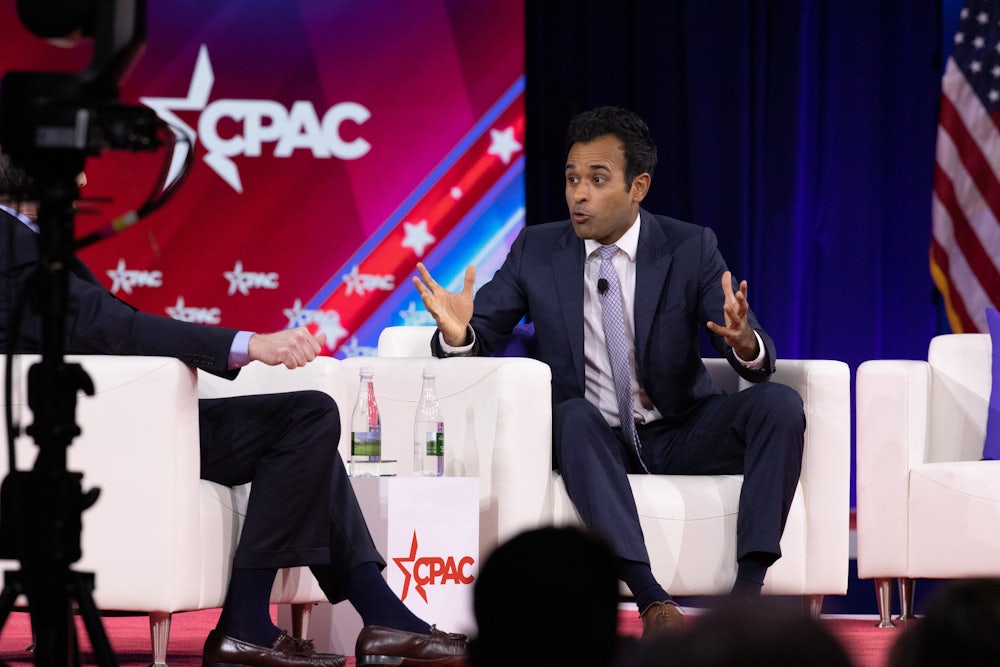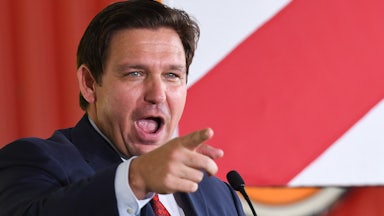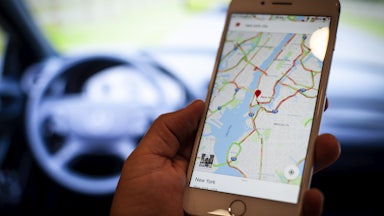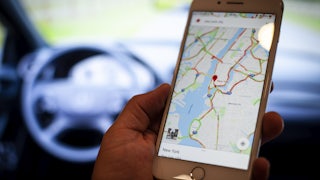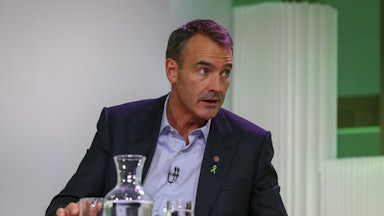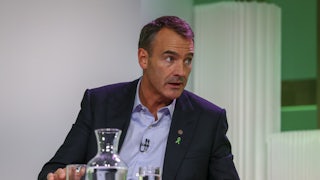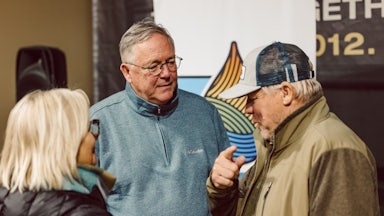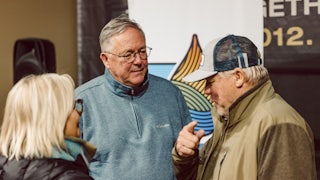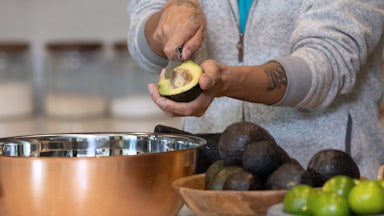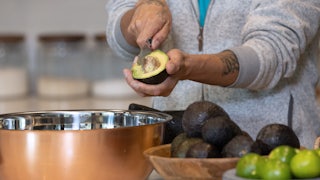Vivek Ramaswamy, the former biotech executive who announced his run for the Republican presidential nomination this week, has made China a central part of his message on the right-wing speaker circuit and Fox News. In a Wall Street Journal op-ed explaining his candidacy, he called the country “the greatest external threat to America” and argued, “We must even be willing to bar U.S. companies from expanding into China until its government abandons theft and other mercantilist tactics.”
Just a few years ago, though, Ramaswamy was expanding his own business into China. Ramaswamy founded the biotech company Roivant in 2014 and served as its CEO until January 2021. He continued on as the chairman of Roivant’s board until stepping down on Monday “to imminently pursue an outside opportunity,” i.e., a run for the White House. The company’s business model has been to purchase the rights to drugs abandoned in development by other companies, continue research on them, and then, ideally, bring them to market. Roivant is made up of a family of companies whose names end in “vant,” most formed around specialty drugs. Dermavant, for instance, focuses on treatments for skin conditions.
SEC filings from last March show Roivant has subsidiaries domiciled in China: Cytovant Sciences, and Cytovant Biotechnology. The Cytovant website, accessed through the Wayback Machine, says the company focused “on development programs that have the potential to transform the treatment of diseases highly prevalent in Asian patients.” Cytovant was launched in 2019 out of another subsidiary called Sinovant, unveiled the year before with backing from both Roivant and CITICPE, the private equity arm of a state-owned Chinese investment firm. Sinovant was pitched in an early press release as a “Shanghai-based biopharmaceutical company dedicated to bringing innovative medicines to China and advancing Chinese biopharmaceutical innovation abroad,” having begun initial operations in 2017. SEC filings show that Sinovant Sciences HK Limited is domiciled in Hong Kong.
The nonprofit watchdog group Documented analyzed SEC filings and found that Ramaswamy made nearly $13 million in compensation from Roivant for the fiscal year ending on March 31, 2022. As of earlier this month, SEC filings show he owned over $600 million worth of shares in the company. Just this week he sold off 4 million Roivant shares for $7.95 each, netting a cool $31.2 million. (He retains an ownership stake in the company.) Ramaswamy did not respond to multiple requests for comment on this article regarding his business dealings in China.
Roivant spokesperson Stephanie Lee said over email that the company “is not currently active in China; Sinovant and Cytovant never generated sales or profits and are no longer operating.” In May 2021, industry news site ThePharmaLetter reported (and another SEC filing confirms) that Roivant sold Sinovant assets—the rights to develop and market several of its compounds in China, Hong Kong, Taiwan, and other Asian markets—to the Japanese pharmaceutical company Sumitomo Dainippon. An SEC filing from earlier this month shows that Roivant “exited its operations” from Cytovant Sciences HK Limited (“Cytovant”) in July 2022, although does not reference the Chinese-domiciled Cytovant companies listed in earlier filings.
“As a legal matter the entities still exist (which is why they’re in the filings) but they are no longer operating companies,” Lee said of Sinovant and Cytovant. Asked about Ramaswamy’s involvement with these subsidiaries, she confirmed Ramaswamy was CEO when the companies were formed but “stepped down as CEO prior to us winding them down.”
The most famous of Roivant’s subsidiaries was Axovant Sciences, for which Ramaswamy raised a whopping $350 million initial public offering in 2015 on the basis of rights to an Alzheimer’s treatment he had purchased from GlaxoSmithKline for $5 million. The promise to investors was that Axovant would be able to succeed where four previous clinical trials had failed. They did not. Two years later, late-stage clinical trials for the drug, called intepirdine, flopped. Axovant lost 70 percent of its $2.6 billion value.
In TV appearances leading up to his presidential bid announcement, as well as on Twitter, Ramaswamy has frequently called for the U.S. to decouple from China and to ban U.S. companies from doing business there. The industry where he made his name and tens of millions of dollars, though, remains deeply interwoven with the country.
“China is an inevitable link in the pharmaceutical supply chain system,” Achal Prabhala, a Bangalore-based fellow at the Shuttleworth Foundation and campaigner for medicine access, told me over email. “Forty percent of all the active pharmaceutical ingredients consumed worldwide originate there, and some countries are more reliant than others (in India for e.g. that figure is 70%). The idea of running a pharmaceutical business without Chinese involvement in some way is ludicrous.”
Late last month, Ramaswamy’s asset management firm Strive—where he also recently stepped down as CEO to run for office—launched an exchange-traded fund (ETF) composed of emerging market companies that excludes Chinese firms. “Since Day 1 Strive has committed to not doing business in China because we cannot be good fiduciaries to both American and Chinese clients,” a fact sheet about the fund states.
Since stepping down as CEO of Roivant, Ramaswamy has promoted his book Woke Inc. and become an outspoken critic of (among many other things) so-called “environmental, social and governance” investment principles, or ESG. He has promised to “end federally mandated affirmative action” on Day 1 of a hypothetical presidency. He’s pledged in his campaign to take on what he calls “secular religions” like “climatism,” “gender ideology,” and “Covidism,” which he defines as a “stop-it-at-all-costs” mentality against the pandemic. This last commitment is ironic, seeing that, in 2020, Roivant gave patients an experimental monoclonal antibody treatment for Covid-19.
Ramaswamy—quoted in press coverage about the treatment—is also an advocate of what he calls “excellence capitalism.” Roivant registered a net loss of roughly $1 billion in 2022 and laid off 12 percent of its staff last November. Per a recent SEC filing, it “will likely incur significant operating losses for the foreseeable future.”
